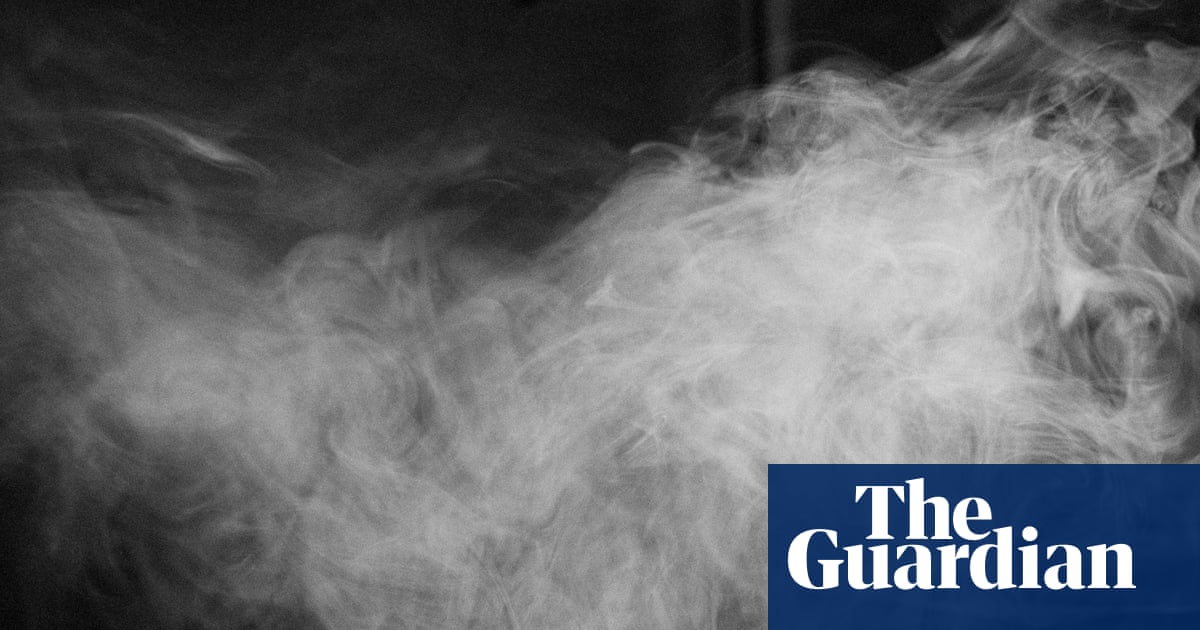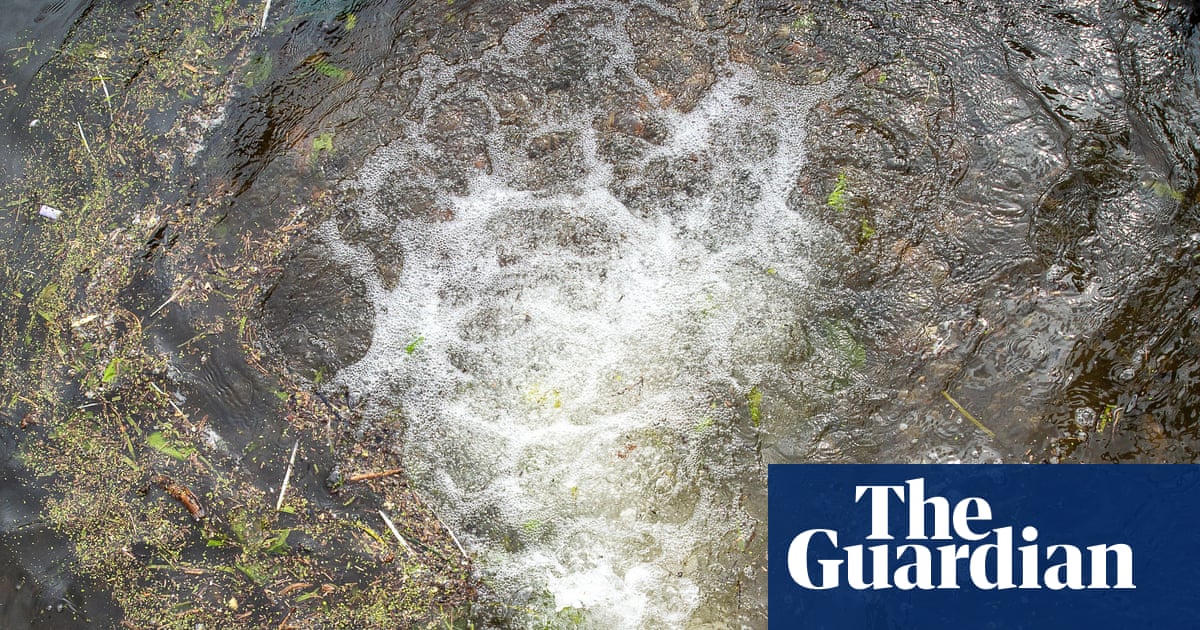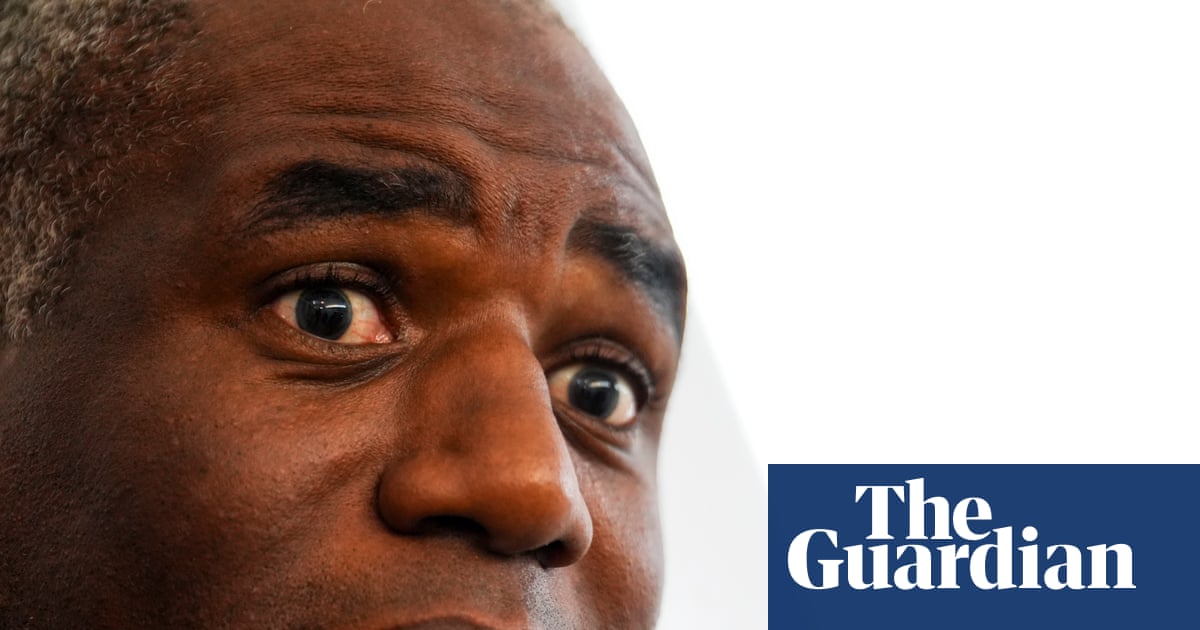They have been a familiar sight at takeaway sushi shops around the world for decades but it could be the beginning of the end for fish-shaped soy sauce dispensers.
South Australia will be the first place in the world to ban them under a wider ban on single-use plastics that comes into force on 1 September.
The device known as shoyu-tai (or soy-sauce snapper in Japanese) was invented in 1954 by Teruo Watanabe, the founder of Osaka-based company Asahi Sogyo, according to a report from Japan’s Radio Kansai.
It was then common for glass and ceramic containers to be used but the advent of cheap industrial plastics allowed the creation of a small polyethylene container in the shape of a fish, officially named the “Lunch Charm”.
The invention quickly spread around Japan and eventually worldwide, and it is estimated that billions have been produced.
Sign up: AU Breaking News email
Under South Australia’s new law, only pre-filled soy sauce containers with a lid, cap or stopper and containing less than 30ml of soy sauce will be banned. Plastic sachets will be allowed but the government hopes bulk bottles or dispensers will be used in sushi shops instead.
The South Australian environment minister, Dr Susan Close, said each plastic fish container was used for just seconds but “their small size means they’re easily dropped, blown away, or washed into drains, making them a frequent component of beach and street litter”.
“They’re a ‘convenience packaging’ item that can be replaced with bulk or refillable condiment solutions or more manageable alternatives, meaning their elimination directly reduces the volume of single-use plastic entering the waste stream,” Close said.
Other single-use plastic items included in the ban are plastic cutlery and expanded polystyrene food packaging, such as pre-packed instant bowl noodles.
Dr Nina Wootton, a marine ecologist at the University of Adelaide, said plastic sushi fish are more damaging because they could be mistaken for food by marine life.
“If it hasn’t already been broken down into microplastics yet and it’s floating around in its whole form, then other organisms that eat fish that size could think it is a fish and then eat it,” Wootton said.
after newsletter promotion
“Since they are quite a thick plastic, it does take quite a while for them to degrade.”
Cip Hamilton, a campaign manager at the Australian Marine Conservation Society , said banning single-use plastics was a good start but more needed to be done.
“Bans like these are an important small step towards reducing plastic pollution but it’s important that governments start to look at reducing and removing problematic plastics across the whole system,” Hamilton said.
“What our oceans really need is for state and federal governments to introduce strong laws that reduce plastic production and consumption and hold businesses accountable for the products they place on shelves, otherwise Australia’s marine life and coastlines will continue to suffer under mountains of plastic pollution”.

.png) 3 months ago
50
3 months ago
50

















































